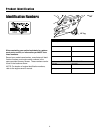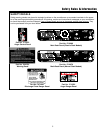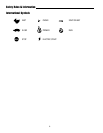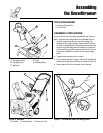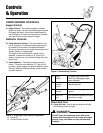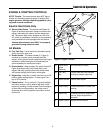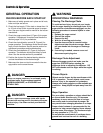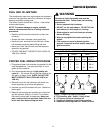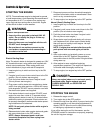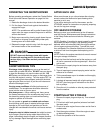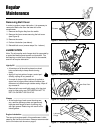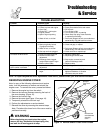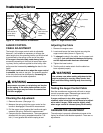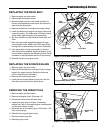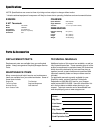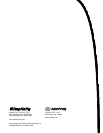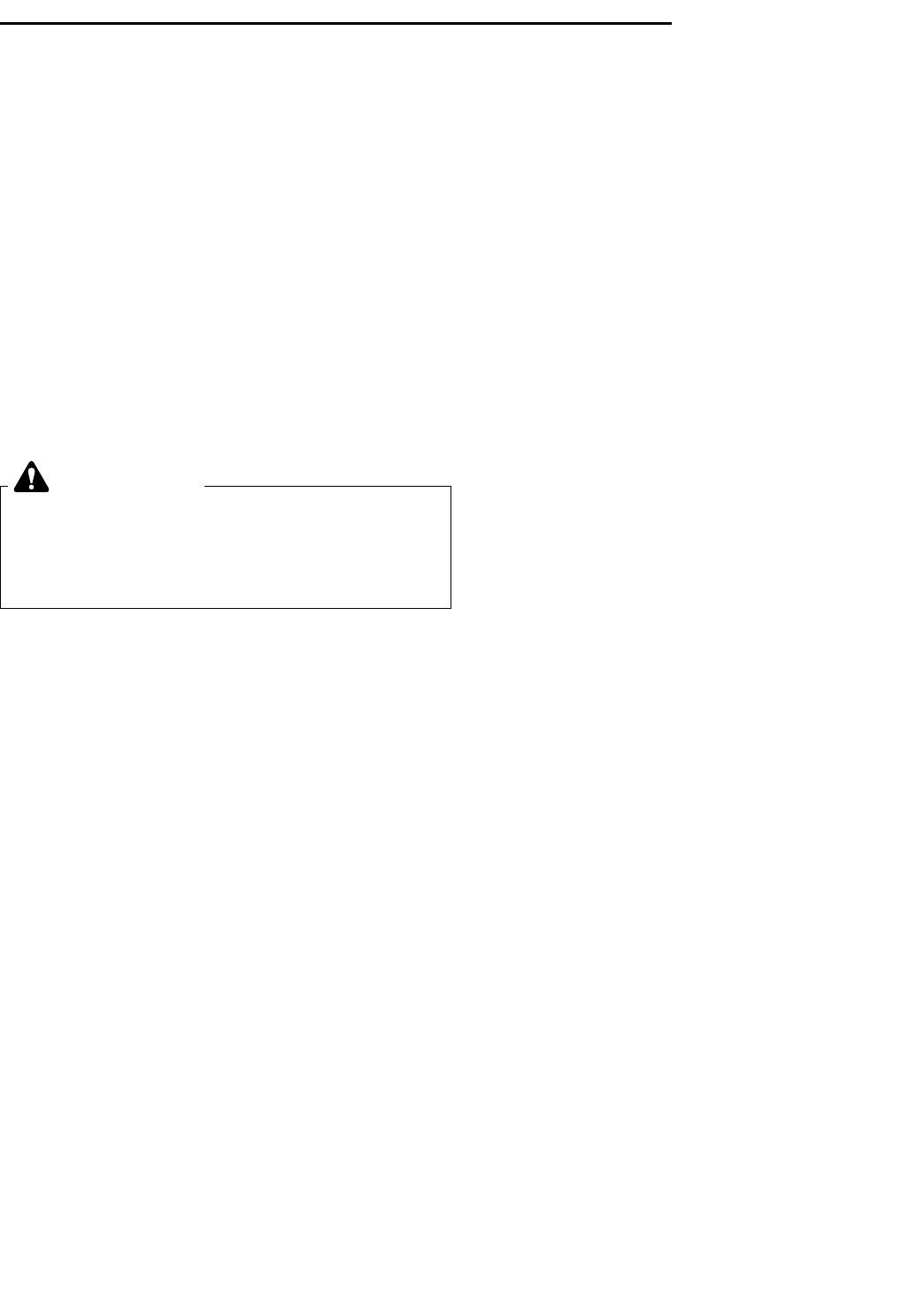
13
OPERATING THE SNOWTHROWER
Before operating snowthrower, review the
Checks Before
Each Use
under General Operation on page 8 of this
manual.
1. Rotate the discharge chute to the desired direction.
2. Pull the Auger Control back against the handle to
engage the auger.
NOTE: The snowthrower will be pulled forward by the
auger when the auger contacts the ground or with the
snow to be thrown.
3. Begin snow removal by clearing a path down the cen-
ter of walk or driveway, then gradually widen path,
throwing snow off to both sides.
4. Release the auger control to stop both the auger and
the forward motion of the snowthrower.
SNOWTHROWING TIPS
Discharge chute plugging may occur as the result of
snow build up inside the chute. DO NOT use your hands
to clear the blockage, only use the clean-out tool. DO
NOT place your hands near the auger or discharge chute
any time the engine is running. Turn the engine OFF, be
sure all moving parts have stopped, and clear the block-
age using the clean-out tool, or put the unit indoors and
allow the blockage to melt.
Varying snow conditions will affect performance of
snowthrower. The snowthrower should be allowed to
move into the snow at it's own pace.
Wet, heavy snow — When clearing wet, heavy snow,
the forward movement of the snowthrower may have to
be slowed by pushing down on handle while allowing
engine to operate at full throttle.
Do not operate on gravel or crushed rock surfaces.
Avoid picking up this type of material with auger since
damage to unit could result and particles can be dis-
charged with considerable force that could cause serious
injury.
Always be alert to hidden hazards that might be struck
by the auger. Should a foreign object be struck by the
auger, immediately stop the engine and inspect machine
for any damage. Repair damage before continuing oper-
ation.
Controls & Operation
AFTER EACH USE
Allow snow thrower to run a few minutes after clearing
snow to reduce the likelihood of parts freezing while
machine is not is use.
If you will be storing the unit for the season, see the
STORAGE section for instructions on properly preparing
the unit for long-term storage.
OFF-SEASON STORAGE
Before you store your snowthrower for the off-season,
read the Service, Maintenance and Storage instructions
in the Safety Rules section and take the following pre-
cautions:
NOTE: Gasoline, if permitted to stand unused for extend-
ed periods (30 days or longer), may develop gummy
deposits which can adversely affect the engine carbure-
tor and cause engine malfunction. To avoid this condi-
tion, add Dealer Line Gasoline Stabilizer to the fuel tank,
or drain all fuel from the system before placing unit in
storage.
NOTE: Refer to the engine manufactur’s owner’s manual
for engine storage information.
1.Drain fuel from the fuel tank and let the engine run until
all fuel is consumed and the engine stops. Allow the
unit to cool.
2. Disconnect the spark plug wire and secure away from
the spark plug.
3. Tape all openings to prevent spraying water into the
exhaust or air intakes.
4. Tilt the snowthrower up on its wheels and thoroughly
clean the underside.
5. Lubricate all exposed metal with a light coating of oil.
DO NOT place any type of lubrication on the drive
belt or pulleys.
6. Store the unit in a shelter or other dry area protected
from the weather.
STARTING AFTER STORAGE
1. Remove the spark plug and wipe dry. Then reinstall
plug.
2. Fill fuel tank with fresh gasoline (unless a fuel stabi-
lizer was used).
3. Check to be sure engine fins are clean and air flow is
unobstructed.
4. Start the engine outdoors. Allow the engine to warn
up before blowing snow.
5. Check the operation of all the controls.
DO NOT clean out discharge chute with hands.
Contact with moving parts in the chute will cause
serious injury. Use clean-out tool provided with
machine.
DANGER



